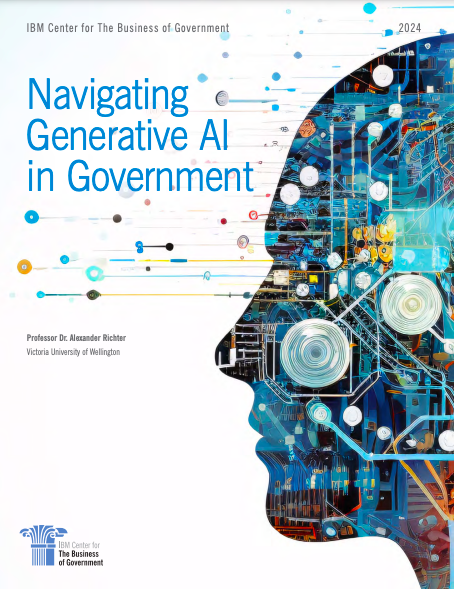Is the public sector being held back by a lack of data strategy?

The public cloud has undoubtedly acted as a catalyst for organisations embarking on digital transformation. Yet despite clear targets, ambitions, opportunities, expectations, and trends, it has yet to universally revolutionise the operations of the public sector.
The appetite for transformation is evident, but without robust governance and strategy around data, its full potential to enhance service outcomes cannot be realised. The question remains: why isn't this happening?
One answer lies in the complexities of the UK’s public sector, where multi-generational and multi-platform systems have led to business-critical data being siloed in the applications that created it. On-premises storage has become the default due to convenience rather than intentional data design.
Public sector bodies often designed their processes around manual, paper-based data collection. Simply transitioning to online forms without considering broader opportunities for modernisation, simplification, and transformation can be insufficient.
Conversely, a cloud-first strategy centralises data lakes in the public cloud, even as data grows exponentially at the edge. Gartner predicts that 75% of enterprise data will be created outside traditional data centres and public clouds by 2025, highlighting the need for a distributed approach.
Recognising these challenges, we investigated the public sector's relationship with data, resulting in the documentary series, House of Data. Through interviews and a sector-wide survey, we identified a need for data modernisation and transformation.
Data is often viewed as an IT function focused on storage rather than a strategic asset for creating value.
Our House of Data Public Sector Strategy Research Report 2023 highlighted issues such as skills shortages, budget constraints, and concerns about sensitive data storage. A startling statistic from our research revealed that 45% of public sector organisations do not have a data strategy.
Watch the trailer for House of Data below
Budget constraints are a significant obstacle. Sixty-seven percent of respondents indicated insufficient budget for data-centric priorities, and 33% had no specific budget for data initiatives. This suggests a challenge in meeting operational service provision goals related to data security, retention, and availability.
Data is often viewed as an IT function focused on storage rather than a strategic asset for creating value. This perspective hinders a data-first modernisation view that links effective data use to improved service outcomes.
Skills shortages are another recurring challenge. Fifty-five percent of respondents stated they lacked the necessary skills, and evidence suggests responsibility for data falls to existing IT staff. Some organisations may underestimate the value and importance of their data.
Our research also revealed that 35% of UK public sector organisations do not staff data-specific roles nor plan to. This raises questions about who advises these entities on using data as an engine for innovation, productivity, efficiency, security, and governance, and who controls the growing costs of public cloud.
To address these challenges, organisations should take conscious steps towards data modernisation:
- Understand the full lifecycle of data within your organisation, from creation to obsolescence, to define metrics and determine when data has value and when it becomes hoarding.
- In an increasingly hybrid, decentralised IT landscape, consider the most appropriate places to store and analyse data for both short-term operational needs and long-term legislative, regulatory, and planning needs.
- For rising edge cases, consider the value of real-time analytics by bringing analytics to the data rather than centralising data in a lake.
- Consider sustainability when discussing data efficiency. Moving and replicating data has a carbon impact, so think about economic and environmental efficiencies in tandem.
Organisations may be missing the opportunity for data modernisation simply because they don't know where to start. At Hewlett Packard Enterprise, we believe it’s time for public sector organisations to make conscious decisions about their valuable data to deliver greater efficiencies and provide better outcomes. Just collecting data is no longer enough. Viewing data as a fundamental building block for redesigning the organisation to be citizen-centric, outcome-based, and focused on interoperability opens the door to a data-first, data modernisation approach.
Data is invaluable—it connects society from birth to death. The UK public sector needs a data modernisation strategy that embraces the edge-to-cloud reality. To digitally transform and become more citizen-focused and outcome-driven, we need a data strategy that transcends technological siloes and organisational boundaries, unlocking insights, interoperability, and improved citizen outcomes.
.jpg?width=100&height=100&name=russell%20macdonald%20(1).jpg)






